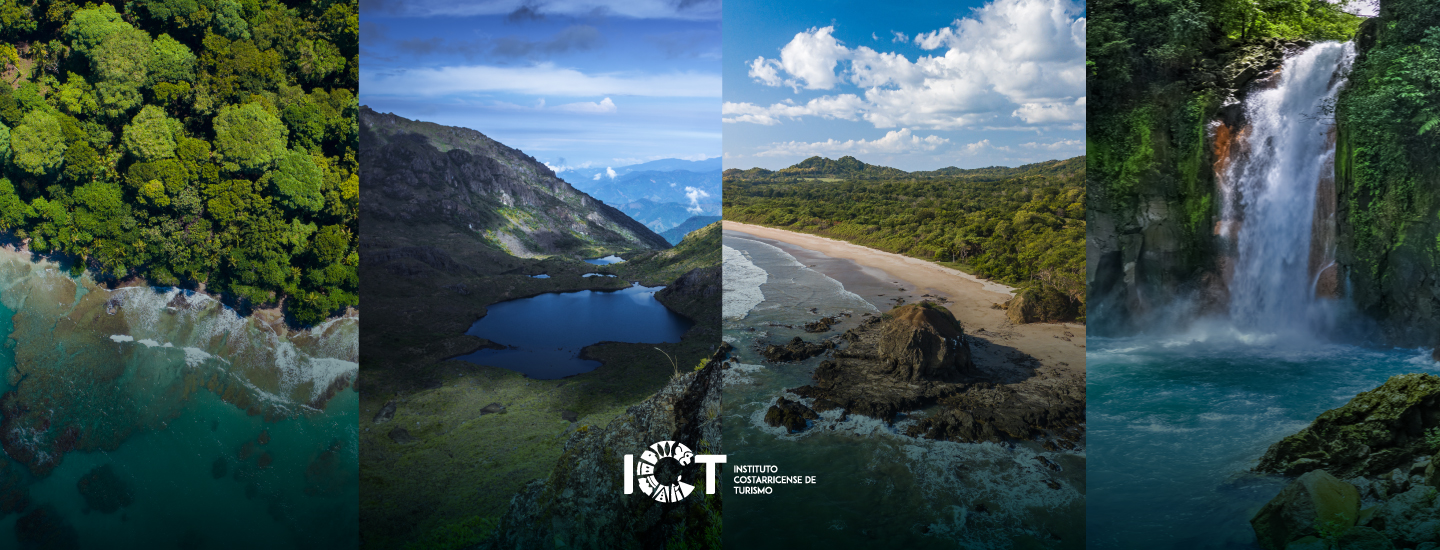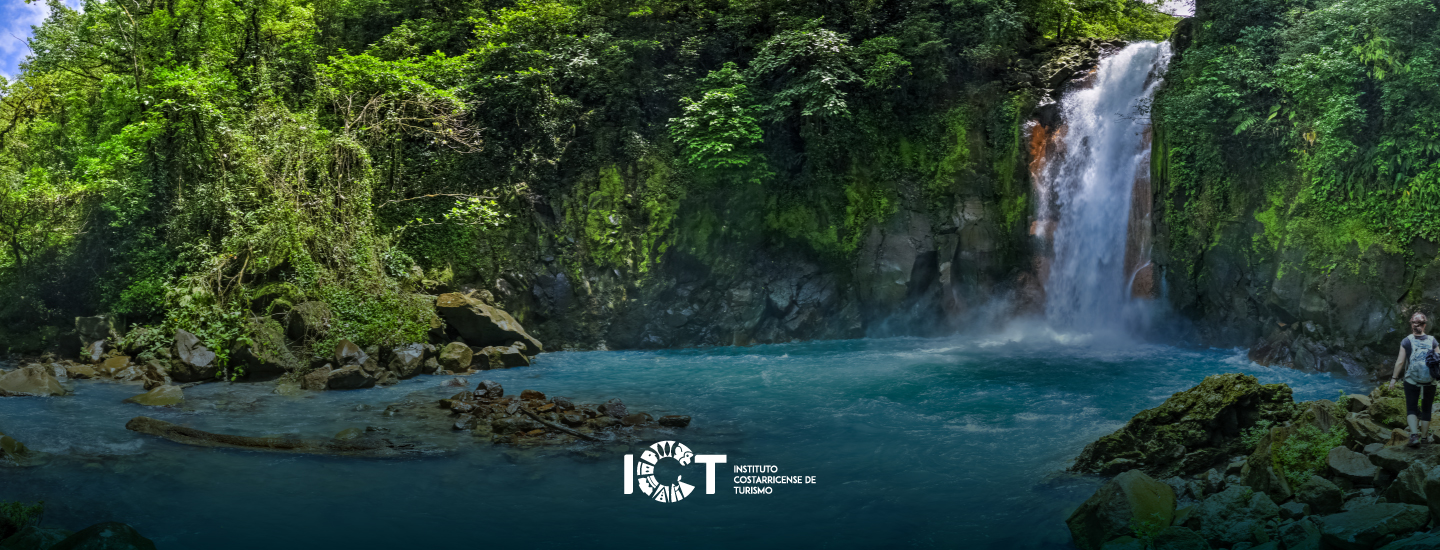Costa Rica advocates for economic reopening of tourism with a focus on wildlife protection
- On World Wildlife Day, authorities from MINAE and ICT called on Central American countries to work together against the scourge of wildlife trafficking.
- They also announced the relaunch of the “StopAnimalSelfies” campaign, which aims to encourage the observation of wildlife in their natural environment.
- Costa Rica promotes an international coalition that seeks to establish codes for safe and ethical interactions between tourists and wildlife that foster coexistence.
- During this month, a series of activities will take place in national parks with the presentation of an educational book for children, along with informative webinars and training events.
San José. On the occasion of World Wildlife Day, the Minister of Environment and Energy, Andrea Meza, and the Minister of Tourism, Gustavo Segura, urged nations to unite to promote the economic reactivation of the tourism sector with a focus on the protection of biodiversity and ethical and safe consumption and a balance between development and international commitments.
The call was made by Costa Rican authorities to the Central American Commission on Environment and Development (CCAD) of which Costa Rica holds the pro tempore presidency, and highlighted the incalculable value of wildlife for the preservation of the planet and the lives of its people.
Given that the region is home to nearly 10% of the world’s biodiversity, the pro tempore President urged Central American countries to develop joint regional action to combat the threat posed by wildlife trafficking.
The country is currently promoting and leading an international coalition that will seek to establish codes for safe and ethical interactions between tourists and wildlife, promoting coexistence between tourism activities and nature.
The Minister of Environment and Energy (MINAE), Andrea Meza, took the opportunity to explain that this initiative already has more than 20 partners at the national level and intends to start joint initiatives with Central American countries that have similar challenges in terms of tourism and wildlife management.
“Wildlife is an essential element of our planet, with an unquestionable value for human survival and maintaining an ecological balance,” noted the Minister. “As a megadiverse country, Costa Rica is a pioneer in biodiversity conservation.”
“The country’s Protected Wildlife Areas are visited by thousands of Costa Ricans and foreigners, who admire its forests, lagoons, beaches, mangroves, rivers and wild animals. Today, we are speaking out and inviting nations to take joint action to achieve a sustainable and responsible economic recovery that ensures the protection of wildlife,” continued Minister Meza.
The Minister of Tourism, Gustavo Segura, went on to say that the image we promote abroad must be consistent with the experience that tourists have when they arrive in the country. “Costa Rica has always been known around the world for its tourism model that revolves around sustainability. This includes the protection of natural resources, biodiversity and responsible tourism.”
#StopAnimalSelfies. As part of their efforts to conserve biodiversity and promote a green economic recovery, MINAE and ICT announced the relaunch of the #StopAnimalSelfies campaign, which includes activities that will take place in Manuel Antonio, Arenal, Cahuita and Los Quetzales National Parks (See programming chart).
The campaign seeks to motivate local and international tourists to visit our wildlife in their natural environment or in zoos, in a manner that is safe for both humans and animals. The initiative has published a code of ethics for photographs and selfies with wild animals, which is available at www.stopanimalselfies.org
In addition, as part of the reactivation of the campaign during the month of March, a series of live activities will be carried out in national parks under health protocols. These will include the presentation of an educational book for children, webinars for the general public and training for the tourism sector.
Finally, in partnership with the Ministry of Public Education (MEP), a training program has been developed for teachers to promote actions to protect people from contracting diseases such as COVID-19 as well as preventing accidents and respecting the natural behaviors of wild animals.
This initiative has already been supported by the participation of tourism chambers, tourism companies, the National University, non-governmental organizations and the German International Cooperation Agency. They include:
- Ministry of Environment and Energy
- Costa Rican Tourism Board
- Ministry of Foreign Affairs
- Humane Society International
- World Animal Protection
- Pura Inspiration
- Sloth Institute
- Fundación Restauración de la Naturaleza
- Central American Commission on the Environment and Development (CCAD)
- German International Cooperation Agency (GIZ)
- AERIS
- CORIPORT
- Swiss Travel
- National Chamber of Tourism (CANATUR)
- Costa Rican Association of Tourism Operators
- National Chamber of Ecological Tourism (CANAECO)
- Institute of Wildlife Conservation and Management at the National University
- Hospital of Small Animals and Wild Species of the National University.

